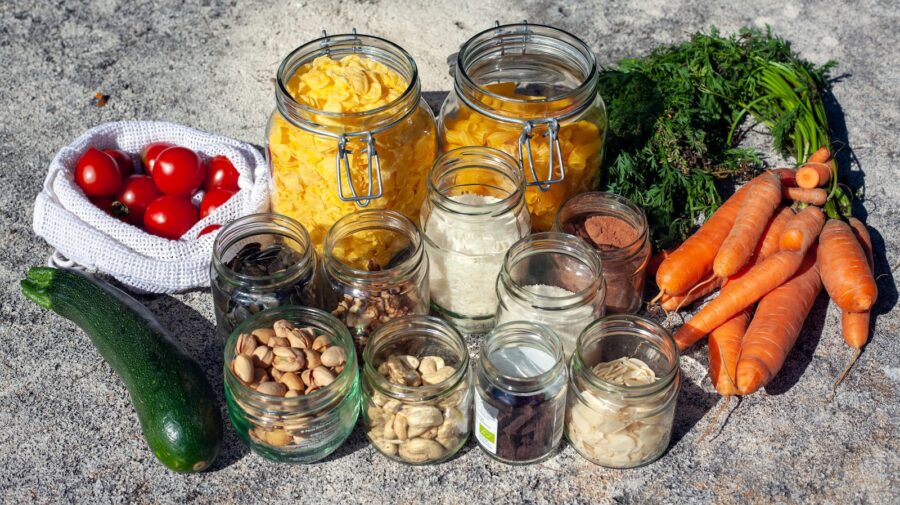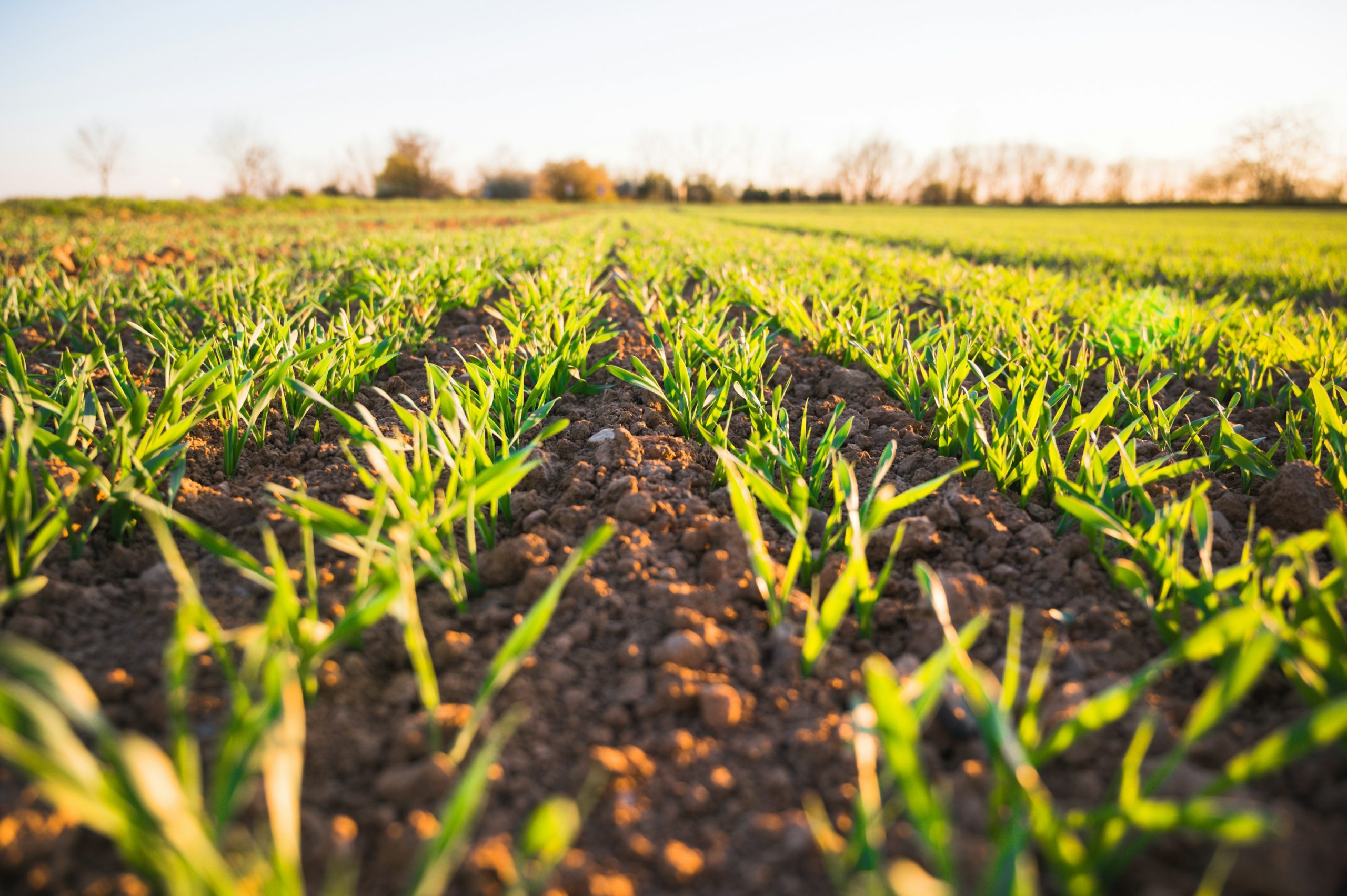Food retailers are leveraging new food-waste programs to cut costs, improve sales, and better manage inventory with a limited shelf life.
“Measurement is key. You can’t manage what you don’t measure,” Jeff Costantino, communications director at ReFED, a non-profit working to reduce food waste, told The Food Institute. “Businesses need to analyze their operations to identify the ‘hot spots’ where waste is occurring, so that they know where to devote their resources.”
Costantino added:
“Once the problem areas have been identified, there are lots of solution providers out there who are ready to collaborate on a waste reduction initiative.”
One possible solution is using AI software to track current inventory and predict future sales. With that, Afresh Technologies recently raised $115 million in funding to help grocery stores reduce food waste and increase profits by accurately forecasting which foods consumers will buy. The company says its software reduces waste by 25% or more, and it has partnered with over 3,000 stores so far, Bloomberg reported.
Other programs aim to reduce food waste by steering customers toward products at risk of going to waste. Regional grocer Giant Eagle recently partnered with Flashfood, a free app that offers customers exclusive deals on products approaching their best-by date, thereby driving sales of those foods.
And then there’s the option to scrap the expiration dates all together. Waitrose has announced plans to remove the “best before” dates on nearly 500 fresh food products, becoming the latest in a string of U.K.-based grocery chains to do so. Following a successful trial run, Marks & Spencer recently removed expiration dates from more than 300 products, and Tesco was ahead of the pack when it eliminated over 100 best-by dates in 2018.
By encouraging customers to decide for themselves when a product has spoiled, this measure is intended to prevent people from throwing away foods that are still edible.
At a time when grocers are faced with a variety of challenges, reducing food waste might seem low on the list of priorities, but Costantino says it’s important to remember the benefits of devoting resources to food waste initiatives.
“Studies have found that nearly all businesses that implement food waste reduction initiatives see a positive return on their investments,” Costantino explained. “What’s more, it’s a great way to increase customer goodwill. Food waste is one of those things that people instinctively feel is wrong, so as consumers, they are more likely to engage with businesses that take it seriously.”













